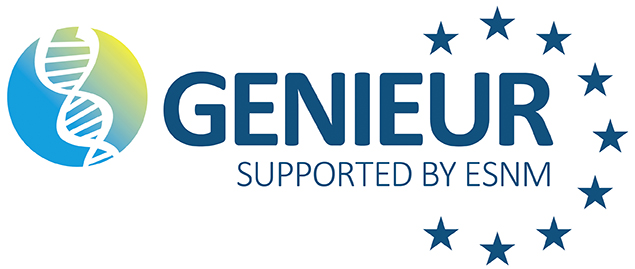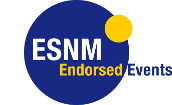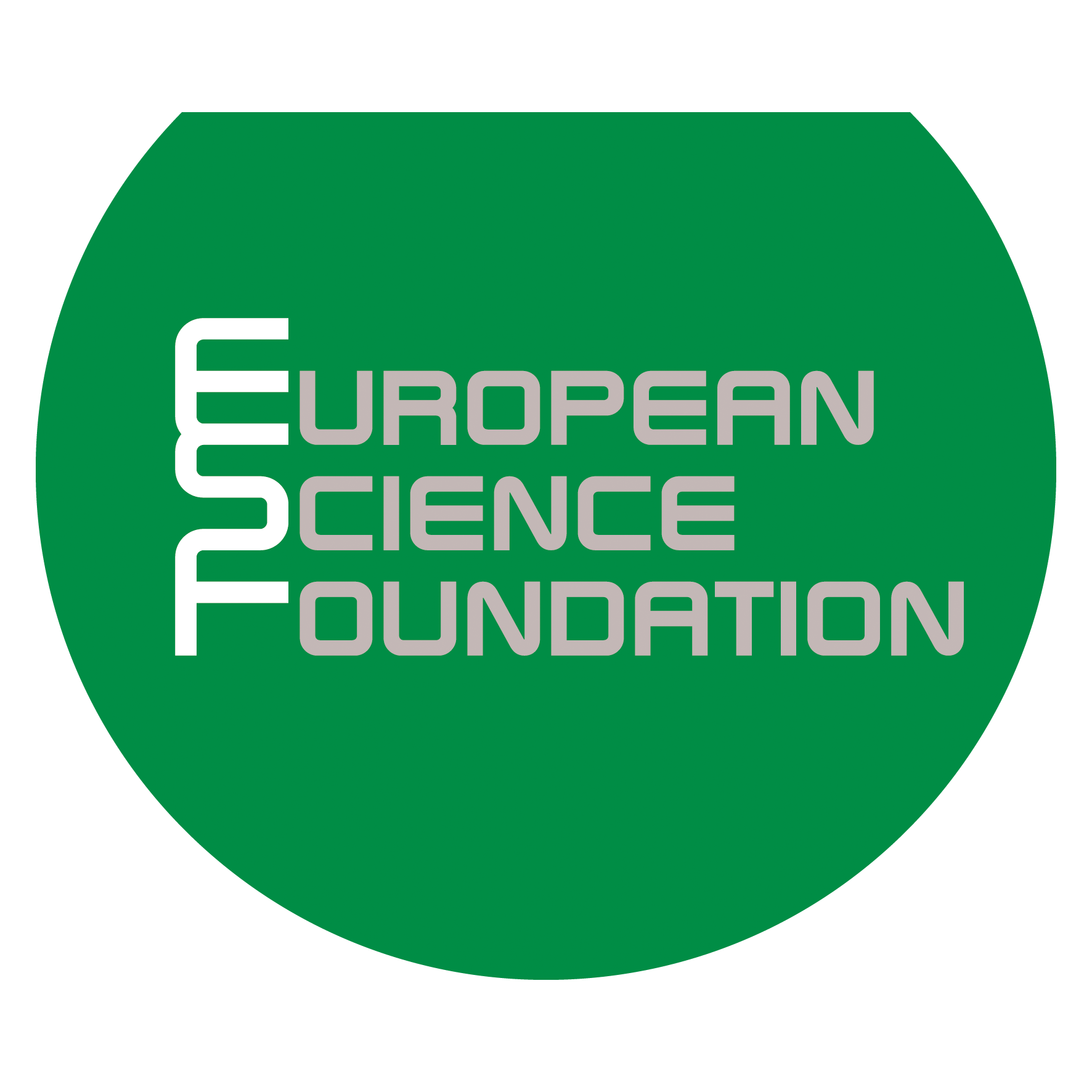Genes in irritable bowel syndrome
Pan-European interdisciplinary network to identify genetic factors (human genetics, epigenetics, metagenomics) contributing to IBS etiopathogenesis


An action in the Biomedicine and Molecular Biosciences (BMBS) domain

within COST (European Cooperation in Science and Technology)

of the European Science Foundation

in the European Union
Scientific Objectives
The aim of this Action is the creation of a pan-European interdisciplinary network to identify genetic factors contributing to IBS etiopathogenesis. This will be facilitated by the creation of a phenotyping tool and the coining of endophenotypes (quantitative traits) for correlation analyses. The interdisciplinary connection of clinicians specialized in functional GI disorders, immunology and psychiatry and basic scientists focusing on (epi-) genetics, microbiomics and phenotypic analysis of case-control cohorts in the COST Action is an important prerequisite for success in this field.
Deliverables
- The network GENIEUR will coin harmonized recruitment standards for phenotypic characterization as well as standard operating procedures (SOPs) and define guidelines.
- The guidelines and SOPs as well as state of the art information/literature will be published in peer reviewed journals and implemented in a database as a central source of information for participating laboratories and clinics. This database will be implemented into the GENIEUR website as a central source of information in a password protected area.
- Gold standard and SOP guidelines of the COST Action will be an important tool for clinicians and basic researchers all over the world to perform uniform (epi-) genetic studies in functional GI disorders.
- Education and training of clinicians and clinical scholars and basic scientists from different fields across laboratories will be enabled to stimulate exchange of methods and techniques at the bench as well as the bedside and vice versa.
- A research proposal to a future Framework Program of the European Commission will be set up.
Objectives
The COST Action is focusing on the following secondary objectives:
- Standardization and harmonization of criteria for case-control definition and recruitment and IBS patient characterization
- Establishing a phenotyping tool as gold standard for large-scale studies
- Creation of a database collecting phenotypic data ( standardized data of the phenotyping tool), exposure to environmental factors (exposure to certain germs, infection, gastroenteritis, microbiome data, nutrition) as well as genotypic/epigenetic data
- Establishment of a biobank fostering a better data availability by collecting patient and control material (blood, tissue, stool) not only for genetic studies but also for analyses of functional / phenotypical consequences of coined genetic factors.
- Identification of (epi-)genetic risk factors for IBS
In order to reach these aims and to share workload, the following working groups (WGs):
WG 1) Establishment of a gold standard for patient recruitment and characterization
WG 2) Definition of quantitative traits as intermediate phenotypes
WG 3) Genetics: Molecular genetics and epigenetics
WG 4) Microbiomics